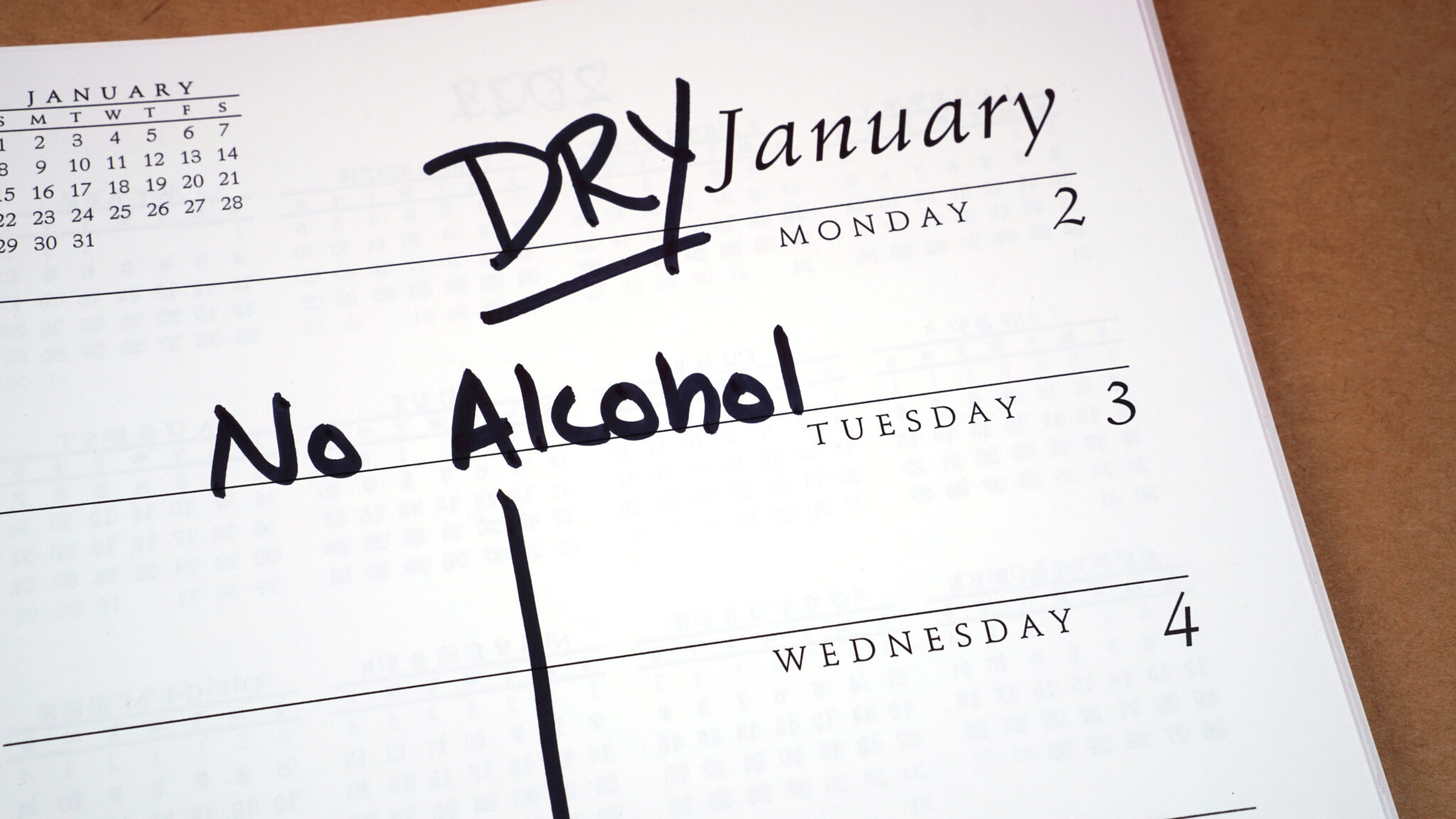Dry January, a month-long abstinence from alcohol, has gained significant popularity in recent years as more people embrace a sober lifestyle. This movement, which started as a personal challenge, has now evolved into a global phenomenon. The goal of Dry January is to promote self-reflection, improved health, and a break from the societal pressure to consume alcohol. In this article, we will explore the origins of Dry January, its impact on individuals and communities, and the efforts of businesses to support this sobriety movement.

The Birth of a Movement
A Personal Challenge Goes Viral
Dry January was first introduced in the United Kingdom in 2013 by the charity organization Alcohol Change UK. The concept behind it was simple: encourage individuals to take a break from alcohol for the entire month of January. What started as a personal challenge quickly gained traction on social media, with people sharing their experiences and supporting one another along the way.
Spreading Awareness and Changing Perceptions
The success of Dry January in the UK inspired people around the world to participate. Social media platforms played a crucial role in spreading awareness and encouraging individuals to join the movement. Hashtags like #DryJanuary and #SoberJanuary became popular, creating a sense of community and helping to break the stigma surrounding sobriety.
The Benefits of Dry January
Physical and Mental Health
One of the primary reasons people participate in Dry January is to improve their physical and mental health. Alcohol consumption can have a significant impact on our bodies, from liver damage to increased risk of certain cancers. Taking a break from alcohol allows the body to heal and recover. Moreover, alcohol is a depressant, and reducing or eliminating its consumption can positively impact mental well-being, leading to improved sleep, increased energy levels, and reduced anxiety and depression.
Financial Savings
Another advantage of participating in Dry January is the potential for significant financial savings. Alcohol can be an expensive habit, and abstaining for a month can free up funds for other priorities. Participants often report being surprised by how much money they save during the month, which can be a powerful motivator to continue practicing moderation or maintaining sobriety beyond January.
Personal Growth and Self-Reflection
Dry January offers a unique opportunity for self-reflection and personal growth. By taking a break from alcohol, individuals can reassess their relationship with alcohol and gain a better understanding of their habits and triggers. This period of sobriety can lead to increased self-awareness, improved decision-making, and the development of healthier coping mechanisms.
:max_bytes(150000):strip_icc()/semi-dry-damp-jamuary-GettyImages-1323930106-aa46d57154e046f1aceffe3ac2753eea.jpg)
The Impact of Dry January
Shifting Social Norms
Participation in Dry January has helped challenge societal norms surrounding alcohol consumption. The movement has sparked conversations about the pressure to drink, the influence of alcohol in social settings, and the concept of fun and enjoyment without alcohol. By choosing sobriety for a month, individuals demonstrate that it is possible to have a good time and socialize without relying on alcohol.
Community Support
One of the most powerful aspects of Dry January is the sense of community it fosters. Participants often find support from friends, family, and online communities dedicated to sobriety. Sharing experiences, triumphs, and challenges helps individuals stay motivated and connected. The solidarity among participants encourages those who may have previously felt isolated or misunderstood to embrace sobriety and find a supportive network.
Businesses Supporting Dry January
Alcohol-Free Alternatives
As the demand for alcohol-free options continues to rise, businesses have responded by offering an array of alcohol-free alternatives. From mocktails to non-alcoholic beers and spirits, these products provide individuals with the opportunity to enjoy social occasions without compromising their sobriety. Many bars and restaurants now include alcohol-free options on their menus, recognizing the importance of catering to a diverse range of preferences.
Events and Activities
Businesses have also embraced Dry January by organizing events and activities that cater to the sober community. From alcohol-free parties and live music events to wellness workshops and fitness classes, these initiatives provide individuals with engaging alternatives to traditional drinking-centered activities. By creating inclusive experiences, businesses are helping to change the narrative around sobriety and promote a healthier lifestyle.
Overcoming Challenges and Staying Sober
Dealing with Social Pressure
For many individuals, one of the most significant challenges of participating in Dry January is managing social pressure. Society often associates celebrations and socializing with alcohol, making it difficult for those choosing sobriety to navigate social situations. However, with the growing awareness and acceptance of Dry January, more people are becoming understanding and supportive of those who choose not to drink.
Building Healthy Habits
While Dry January provides a jumpstart to sobriety, the journey doesn’t end there. Building healthy habits and maintaining sobriety can be an ongoing process. Participating in support groups, seeking professional help if needed, and finding alternative coping mechanisms are essential steps in sustaining a sober lifestyle beyond the initial challenge.
Conclusion
Dry January has emerged as a powerful movement, encouraging individuals to reevaluate their relationship with alcohol and embrace sobriety. By promoting self-reflection, improved health, and community support, this month-long challenge has the potential to create lasting change. As businesses continue to recognize the importance of catering to the growing demand for alcohol-free options, the stigma surrounding sobriety is gradually being dismantled. Whether individuals choose to participate in Dry January or make a long-term commitment to sobriety, the movement signifies a significant shift in societal attitudes towards alcohol and the power of choice.
